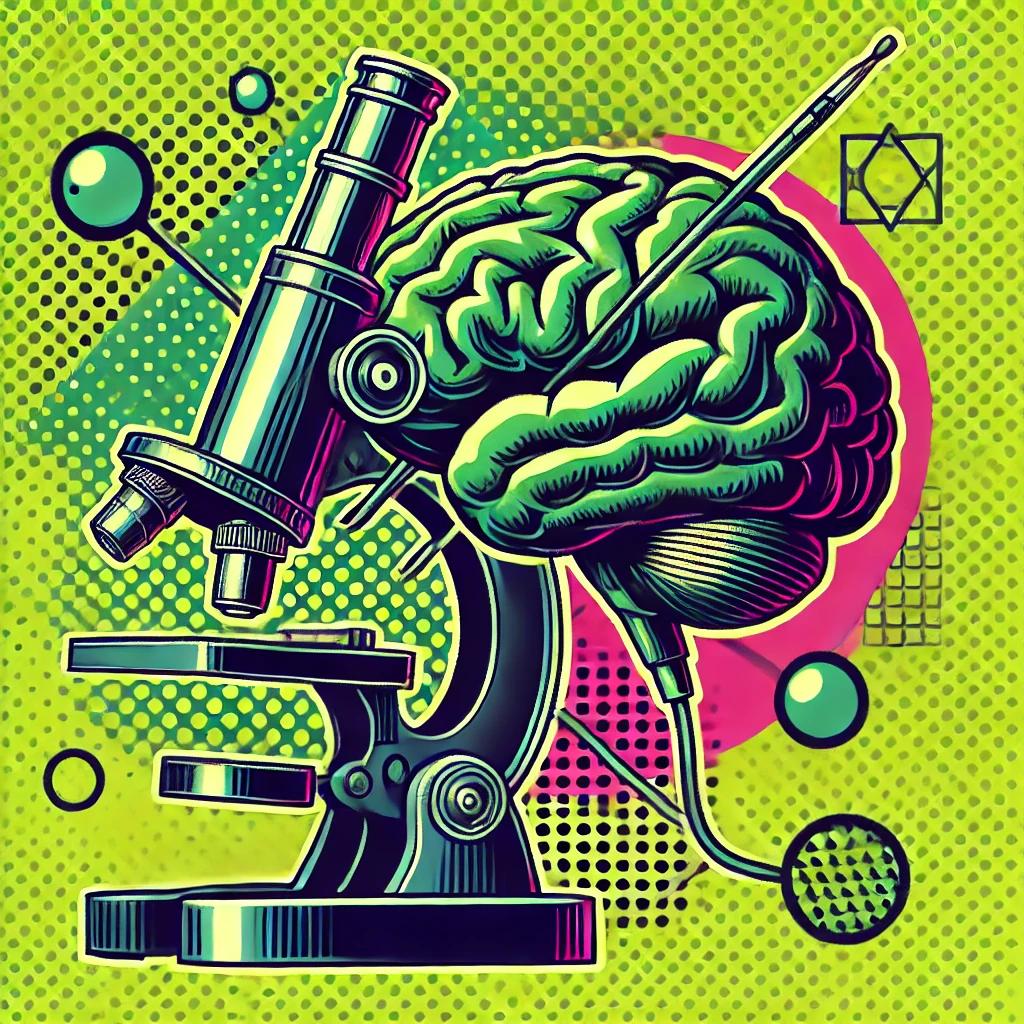
Data Privacy Concerns Intensify as AI Agents Gain Traction: Insights and Trends

Data Privacy Concerns Intensify as AI Agents Gain Traction: Insights and Trends
Three Key Challenges Organizations Face with AI Adoption
Currently, organizations are increasingly integrating AI agents into their workflows, which represent a significant evolution in business operations. However, as highlighted in the recent Cloudera study, data privacy is emerging as the foremost concern for companies embracing this technology. With 53% of respondents naming data privacy as a barrier to AI adoption, businesses are recognizing that without securing sensitive information, the transformative potential of AI agents cannot be fully realized. This suggests that as AI technology evolves, so must the frameworks supporting data protection.
The adoption of agentic AI, which operates autonomously and makes decisions based on learned data, is projected to significantly enhance operational efficiency across various sectors, including customer service, sales, and supply chain management. Yet, the necessity to build a trusted system for handling critical enterprise data safely implies that organizations will need to invest heavily in cybersecurity protocols and compliance measures. As this trend continues to strengthen, more businesses may collaborate with specialized vendors to ensure that their AI implementations meet stringent data security standards.
In response to these ongoing challenges, organizations that prioritize establishing robust data governance frameworks are likely to gain competitive advantages. Developing clear policies around data usage and investing in transparent AI solutions will not only ease the adoption process but also enhance trust among stakeholders. The current focus on integration and compliance, illustrated by 40% of organizations citing compatibility with existing systems as a concern, underscores the importance of holistic AI strategies that include both technological and regulatory considerations.
Glossary
- AI agents [Concept]: Autonomous systems that use artificial intelligence to make decisions and perform tasks based on learned data.
- data governance frameworks [Concept]: Structured policies and procedures that guide the management, availability, and integrity of data within an organization.
- cybersecurity protocols [Process]: Set of procedures and practices designed to protect computer systems, networks, and sensitive information from cyber threats.
- compliance measures [Process]: Policies and procedures to ensure an organization adheres to laws, regulations, and industry standards regarding data protection.
- transparent AI solutions [Product]: AI applications designed to operate in a clear and understandable manner, allowing users to understand how decisions are made.
- data privacy [Concept]: The right of individuals to control their personal information and ensure that it is protected from unauthorized access.
- agentic AI [Concept]: A type of artificial intelligence that operates independently and can make decisions without human intervention.
Source Documents
- Cloudera Study Finds Data Privacy Top Concern as Orgs Scale Up AI Agents -- Virtualization Reviewhttps://virtualizationreview.com/articles/2025/04/25/study-finds-data-privacy-top-concern-as-orgs-scale-up-ai-agents.aspx
- Agentic AI And The Future Of Autonomous Enterpriseshttps://www.forbes.com/councils/forbestechcouncil/2025/05/27/agentic-ai-and-the-future-of-autonomous-enterprises/